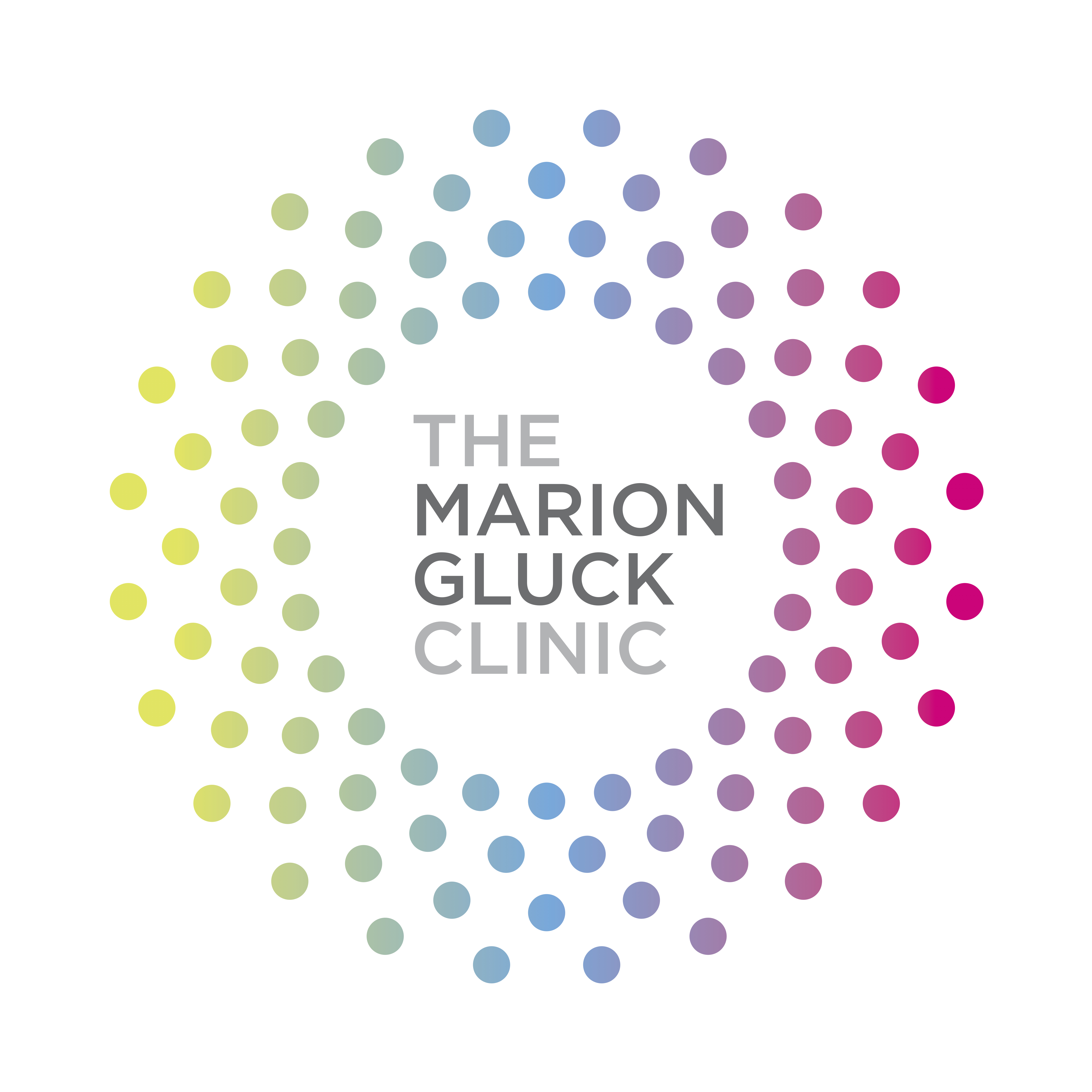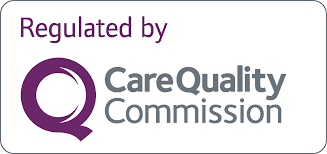PMS vs PMDD: how could they be ruining my mental health?
From bloating to breakouts most of us will be pretty familiar with the symptoms that arise when that time of the month comes calling. In fact around 90% of women will experience some form of premenstrual symptoms in the lead up to their period. But what happens when mild mood swings develop into more extreme symptoms? While the vast majority of us have experienced the obligatory period cramps and food cravings, both PMS (premenstrual syndrome) and the more severe PMDD (Premenstrual dysphoric disorder) can have a real effect on your mental health, wellbeing and quality of life. So, when it comes to PMS vs PMDD, what is the difference, how do they affect your mental health and most importantly what are your options for treatment? Let’s find out.
PMS and PMDD, what are they?
PMS is a collection of emotional and physical symptoms that typically occur a week or two before the start of your period and will start to subside a few days after you start menstruating. PMDD is a more intense form of PMS which affects around 5% of women.
So, what causes PMS and PMDD?
The exact cause of these conditions is unknown. But what we do know is that it’s triggered by your menstrual cycle and your hormones. At the second stage of your cycle known as the luteal phase your oestrogen levels increase while your progesterone levels decrease and this is what brings on these very unwelcome PMS symptoms (and for some even more extreme PMDD symptoms).
But when it comes to PMS VS PMDD what’s the difference? Here is a concise breakdown of the symptoms:
Premenstrual Syndrome (PMS)
Symptoms of PMS can vary widely, but commonly include:
● Mood swings
● Irritability or anger
● Tension or anxiety
● Depressed mood
● Crying spells
● Insomnia or sleeping too much
● Changes in appetite, overeating, or specific food cravings
● Fatigue or lack of energy
● Bloating
● Breast tenderness
● Headaches
● Joint or muscle pain
● Acne flare-ups
If you want to find out more about PMS then read our blog that outlines everything regarding what is PMS?
PMDD symptoms are similar to those of PMS but are more severe and may include:
● Severe mood swings
● Marked irritability or anger
● Feelings of sadness or despair, possibly including thoughts of suicide
● Feelings of tension or anxiety
● Panic attacks
● Decreased interest in usual activities
● Difficulty concentrating
● Fatigue
● Change in appetite
● Feeling out of control
● Sleep problems
● Physical symptoms, such as bloating, breast tenderness, headaches, and joint or muscle pain
PMS vs PMDD and who are most likely to be affected?
When it comes to hormones, everyone is unique and reacts differently. It is thought that PMDD is caused in women who have a higher sensitivity to hormones and so when their oestrogen and progesterone levels fluctuate during their cycle they are more intensely affected by it. While both PMS and PMDD can be brought on at any time during your reproductive years, the most common time to start experiencing these symptoms is in your twenties and symptoms unfortunately get worse with age.
The impact on your mental health
We are all aware of the outdated trope of women turning into angry hormonal monsters during their period yawn. But this notion is not only unhelpful but harmful, as it trivialises the real and serious effects both PMS and PMDD can have on a woman's mental health. It can affect your relationships, work and overall enjoyment of life and lead to severe cases of anxiety and depression if not kept in check.
The effect on your mental health can be two fold as it's not just the direct changes to your mood that can be a problem. The period pain, bloating, weight gain and headaches can all cause your mental health to suffer. As experiencing these symptoms can cause you to spend less time socialising and engaging in hobbies you enjoy which can then lead you to feeling worse about yourself.
There is no ‘test’ you can take for PMS or PMDD to determine whether you have it. But, If you are experiencing the symptoms we have listed, then there are treatments available to you. To understand if you have PMDD rather than PMS comes down to whether you are experiencing prolonged and severe forms of anxiety and depression during your period, which is having a negative impact on your life and daily activities.
PMDD can lead to extreme anxiety and depression and even suicidal thoughts. So it's important to speak to a healthcare professional about your symptoms if you think you might have the condition. When it comes to PMS the treatment is more straightforward as many women can find relief through simply rebalancing their hormones.
How to balance your hormones
There are many ways you can keep your hormones healthy and in balance, through both simple lifestyle changes and handy hormonal solutions.
Vitamins and minerals such as calcium, vitamin B6, magnesium and polyunsaturated fatty acids have all been shown to help with PMS symptoms. In addition to this, choosing leafy green, oily fish and whole grains in the lead up to your period are all great diet choices. Limiting alcohol, caffeine, salt and sugar can help alleviate symptoms too (although this may be easier said than done when your food cravings come calling). Intense exercise might not always be feasible if your period pain is coming in thick and fast but gentle activities like yoga, walking, or swimming can do wonders in improving your symptoms too.
How Hormones + You can help
If you are experiencing symptoms of PMS then one of the best ways to alleviate your symptoms is by making sure your progesterone is at the right levels for your body.This is where our bioidentical PMS cream comes into play. Our cream will help restore your hormones to their optimum levels with naturally occurring hormones.
Not only does this hormone cream alleviate your PMS symptoms but it can also improve your sleep, keep your heart healthy, help to regulate your weight and even protects you against osteoporosis - a common occurrence in women as we age.
So, if you are looking for relief from your PMS then start an online consultation now. We can provide you with your personalised dosage of our PMS cream made especially for you and your symptoms.






